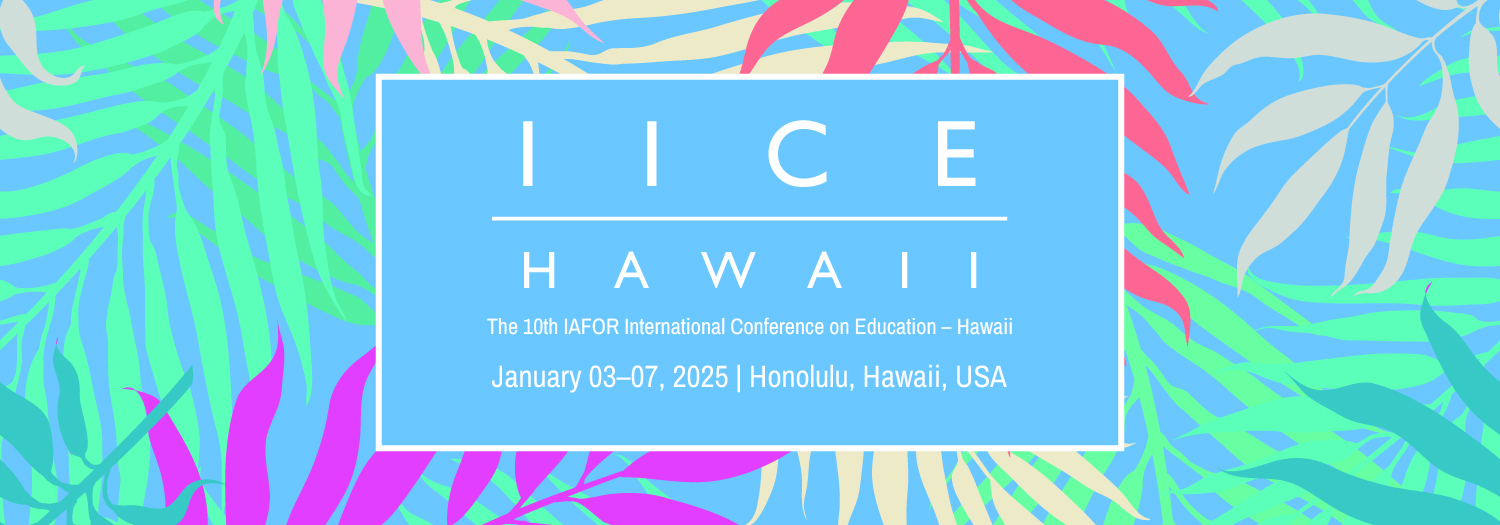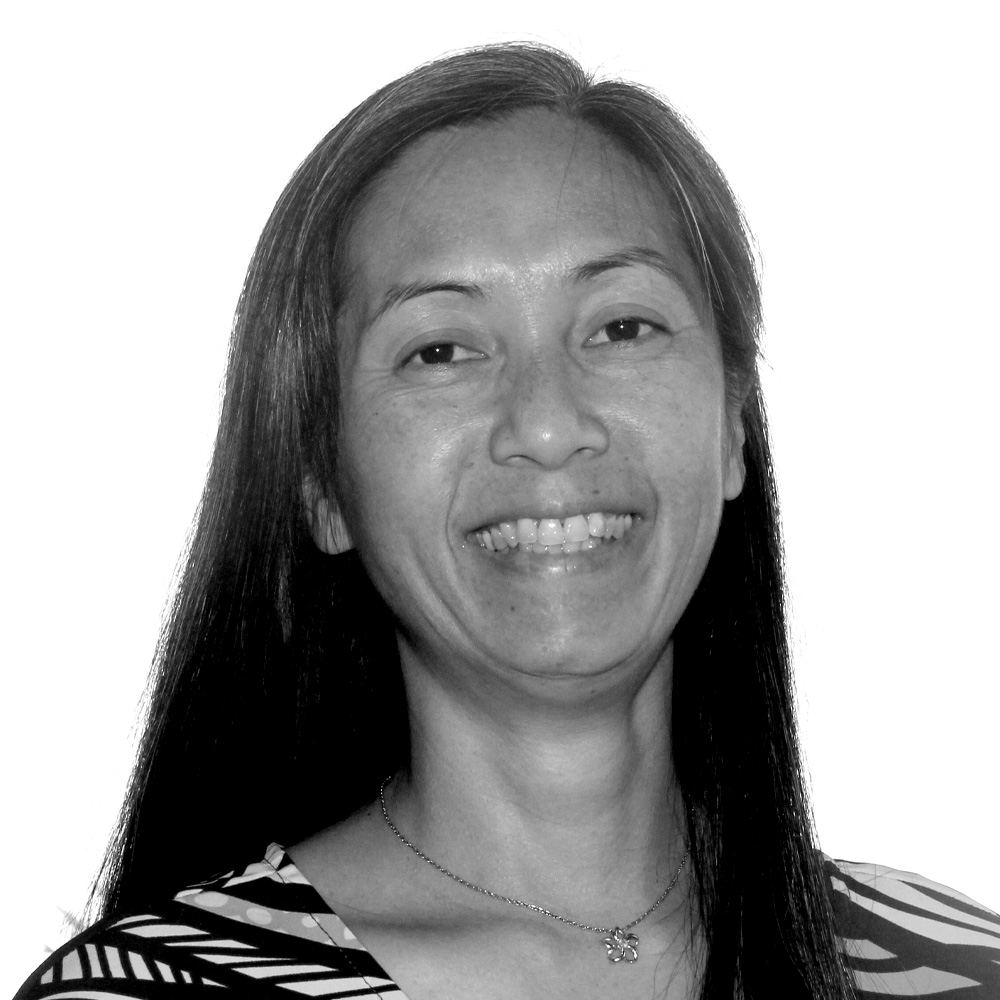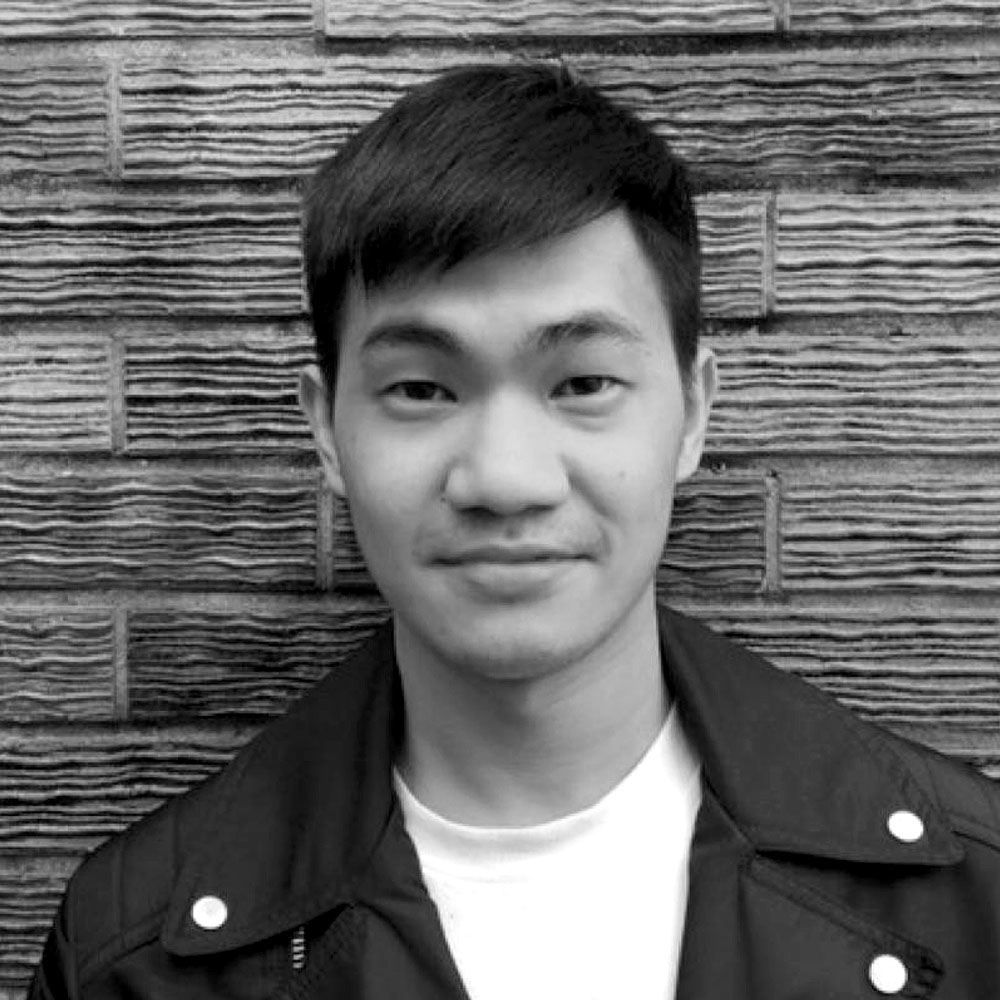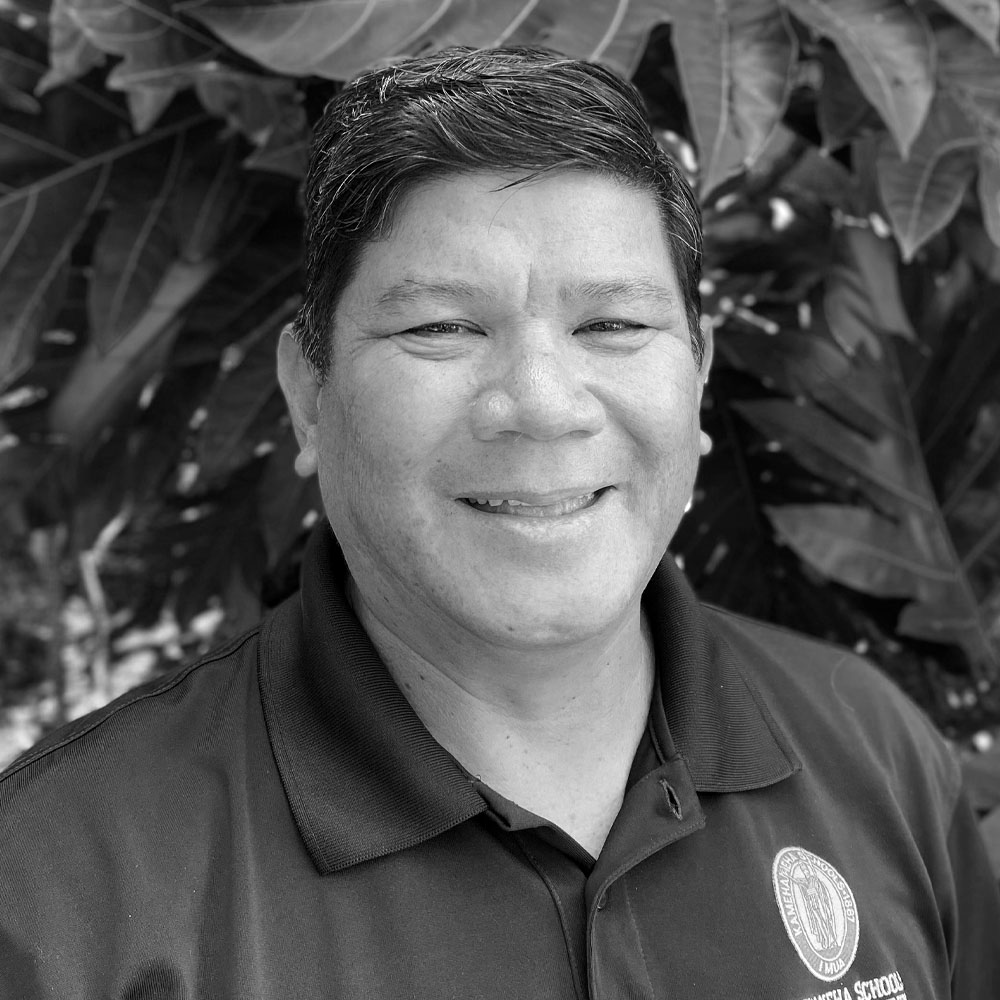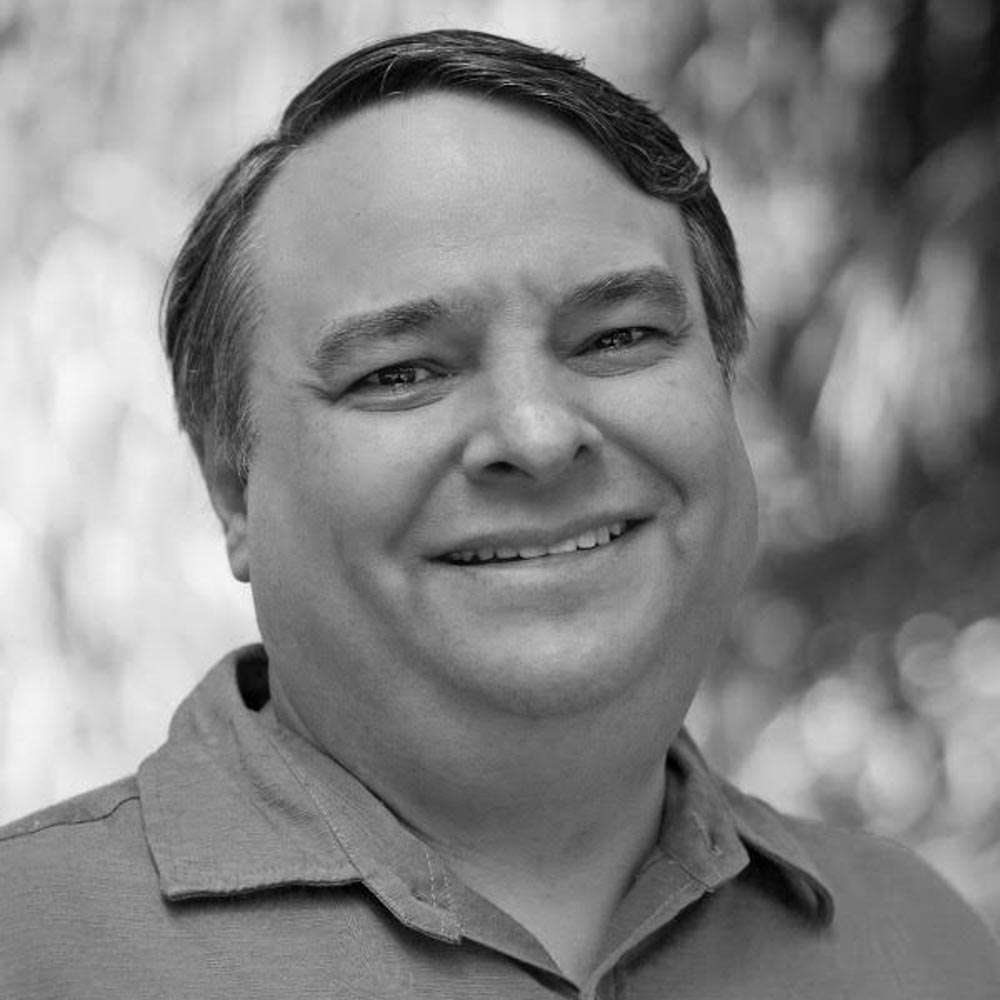
Join us in Honolulu for IICE2025!
January 03–07, 2025 | The Hawai'i Convention Center, Honolulu, Hawaii, United States
 Aloha and welcome to the beautiful island of Oahu, home to The IAFOR International Conference on Education in Hawaii (IICE), and The IAFOR International Conference on Arts & Humanities in Hawaii (IICAH).
Aloha and welcome to the beautiful island of Oahu, home to The IAFOR International Conference on Education in Hawaii (IICE), and The IAFOR International Conference on Arts & Humanities in Hawaii (IICAH).
Held in partnership with the University of Hawai'i at Mānoa, this international conference encourages academics and scholars to meet and exchange ideas and views in a forum stimulating respectful dialogue, by bringing together university scholars working throughout Hawai'i, the United States, Asia, and beyond to share ideas and research at the intersection of education, and the arts and humanities. This event will afford an exceptional opportunity for renewing old acquaintances, making new contacts, networking, and facilitating partnerships across national and disciplinary borders.
 Since its founding in 2009, IAFOR has brought people and ideas together in a variety of events and platforms to promote and celebrate interdisciplinary study, and underline its importance. Over the past year we have engaged in many cross-sectoral projects, including those with universities (the University of Barcelona, Hofstra University, UCL, University of Belgrade and Moscow State University), think tanks (the East-West Center), as well as collaborative projects with the United Nations in New York, and the Government of Japan through the Prime Minister’s office, and right here in Honolulu with the University of Hawai'i at Mānoa for this conference!
Since its founding in 2009, IAFOR has brought people and ideas together in a variety of events and platforms to promote and celebrate interdisciplinary study, and underline its importance. Over the past year we have engaged in many cross-sectoral projects, including those with universities (the University of Barcelona, Hofstra University, UCL, University of Belgrade and Moscow State University), think tanks (the East-West Center), as well as collaborative projects with the United Nations in New York, and the Government of Japan through the Prime Minister’s office, and right here in Honolulu with the University of Hawai'i at Mānoa for this conference!
With the IAFOR Research Centre at the Osaka School of International Public Policy (OSIPP) at Osaka University, we have engaged in a number of interdisciplinary initiatives we believe will have an important impact on domestic and international public policy conversations. It is through conferences like these that we expand our network and partners, and we have no doubt that IICE2025 and IICAH2025 will offer a remarkable opportunity for the sharing of research and best practice, for the meeting of people and ideas. We expect the resultant professional and personal collaborations to endure for many years, and we look forward to seeing you in Honolulu!
The 9th IAFOR International Conference on Education in Hawaii (IICE2025) will be held alongside The 4th IAFOR International Conference on Arts & Humanities in Hawaii (IICAH2025), and many of the sessions will concentrate on areas at the intersection of education and the arts and humanities. In keeping with IAFOR’s commitment to interdisciplinary study, delegates at either conference are encouraged to attend sessions in other disciplines. Registration for either conference will allow delegates to attend sessions in the other.
– The IICE2025 Programme Committee
IAFOR Journal of Education (Scopus Indexed Journal)
 This conference is associated with the Scopus and DOAJ listed IAFOR Journal of Education.
This conference is associated with the Scopus and DOAJ listed IAFOR Journal of Education.
- Location & Venue: The Hawai’i Convention Center, Honolulu, Hawaii, United States
- Dates: Friday, January 03, 2025 to Tuesday, January 07, 2025
- Early Bird Abstract Submission Deadline: August 08, 2024*
- Final Abstract Submission Deadline: October 10, 2024
- Registration Deadline for Presenters: November 14, 2024
*Submit early to take advantage of the discounted registration rates. Learn more about our registration options.
Plenary Speakers
-
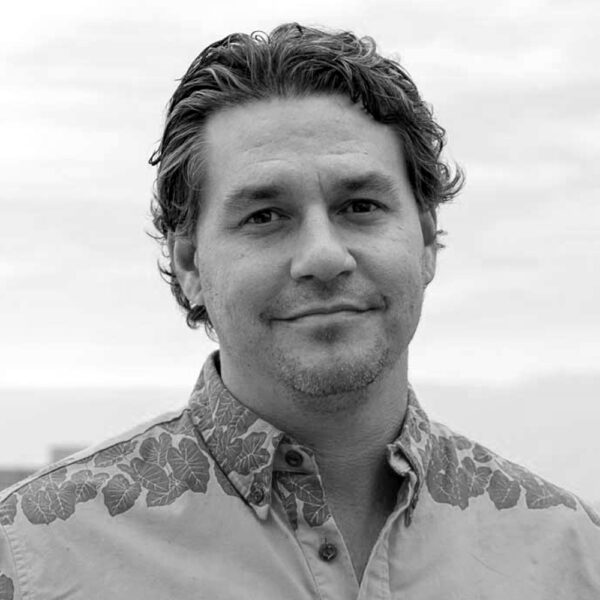 Kālewa CorreaSmithsonian Institution, United States
Kālewa CorreaSmithsonian Institution, United States -
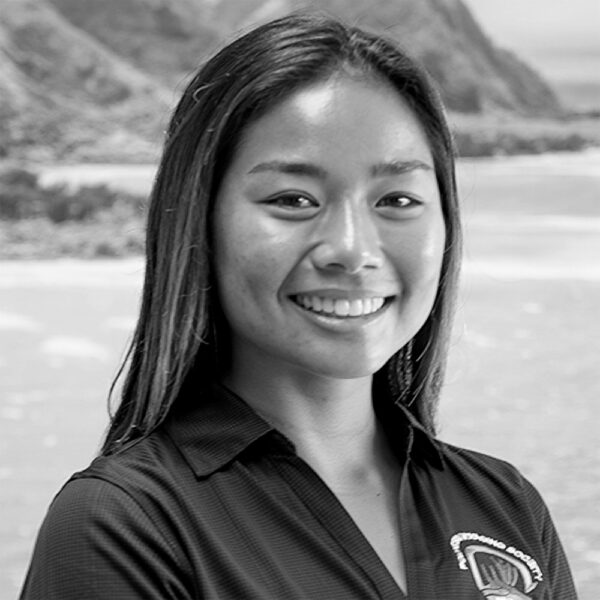 Kai HoshijoPolynesian Voyaging Society, United States
Kai HoshijoPolynesian Voyaging Society, United States -
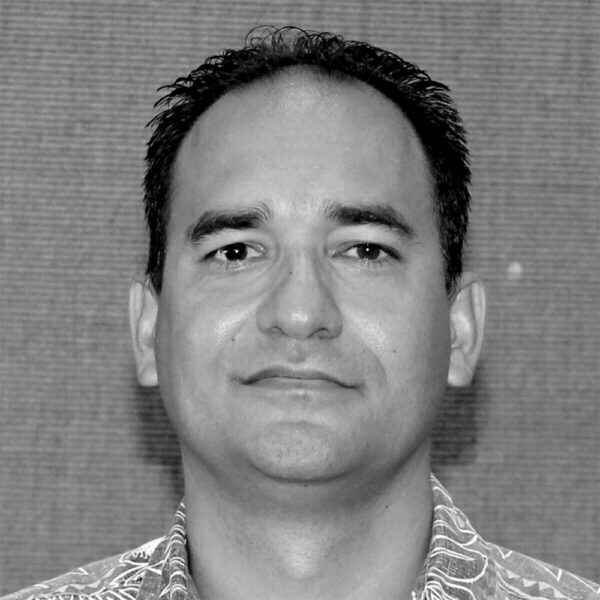 Kali FermantezBrigham Young University–Hawaii, United States
Kali FermantezBrigham Young University–Hawaii, United States -
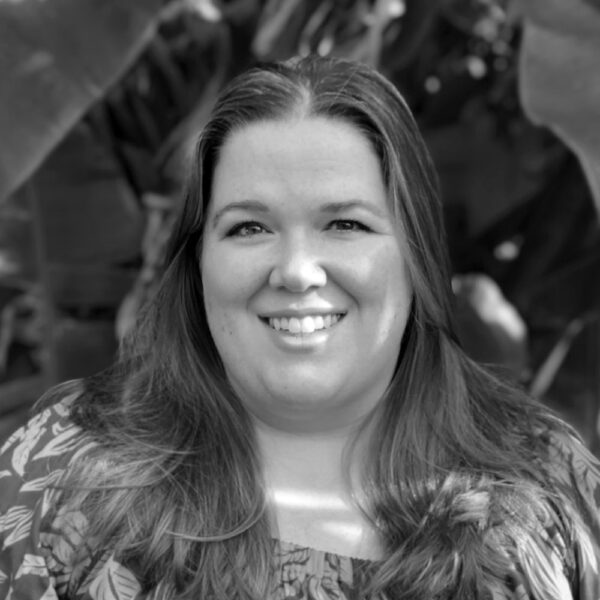 Esprit SaucierBrigham Young University–Hawaii, United States
Esprit SaucierBrigham Young University–Hawaii, United States -
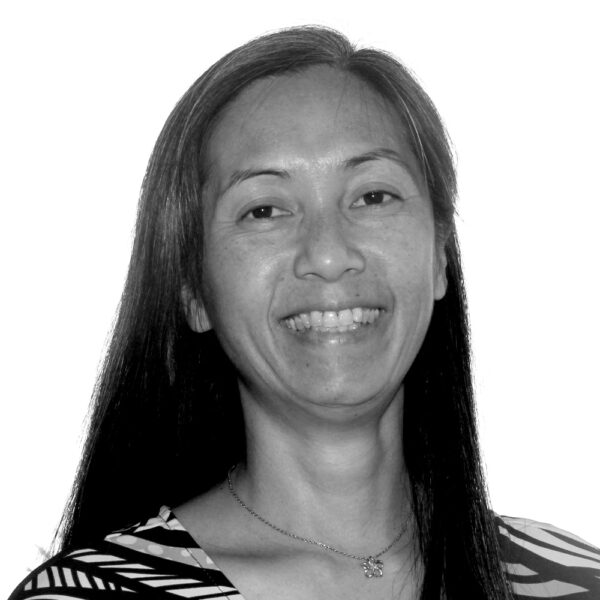 Dorothy HirataUniversity of Hawai'i at Mānoa, United States
Dorothy HirataUniversity of Hawai'i at Mānoa, United States -
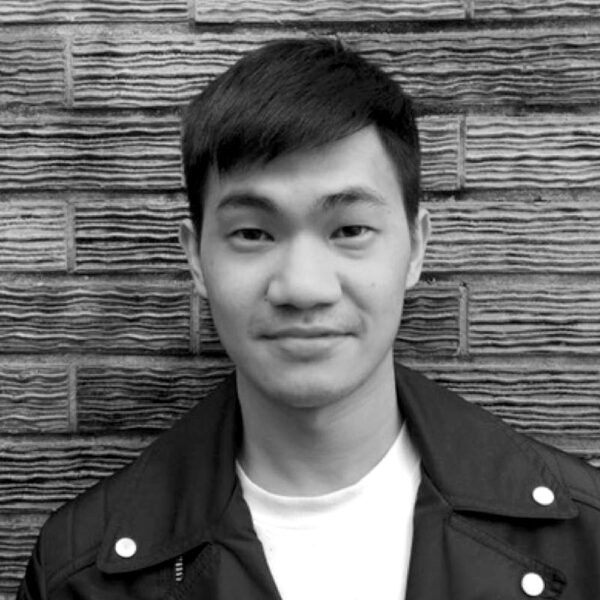 Chih-Pu DaiUniversity of Hawai’i at Mānoa, United States
Chih-Pu DaiUniversity of Hawai’i at Mānoa, United States -
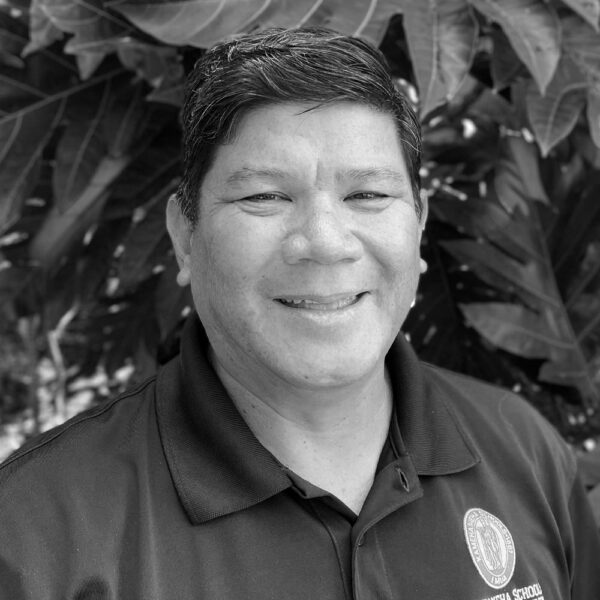 Mark K. EllisPolynesian Voyaging Society, United States
Mark K. EllisPolynesian Voyaging Society, United States -
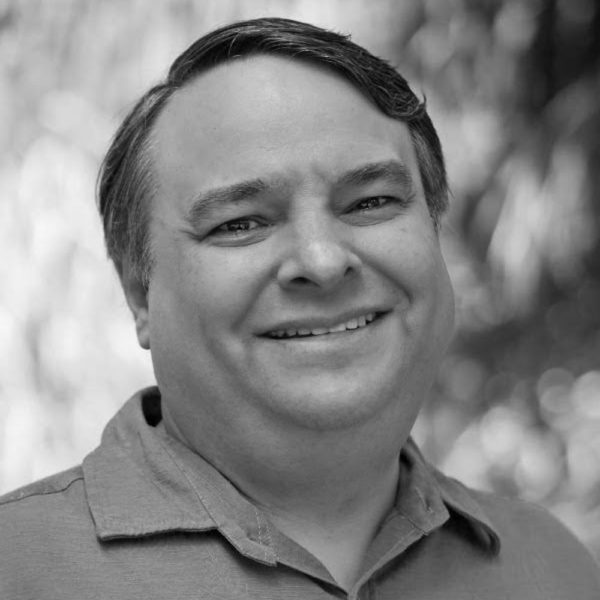 Michael MenchacaUniversity of Hawai’i at Mānoa, United States
Michael MenchacaUniversity of Hawai’i at Mānoa, United States
Programme
-
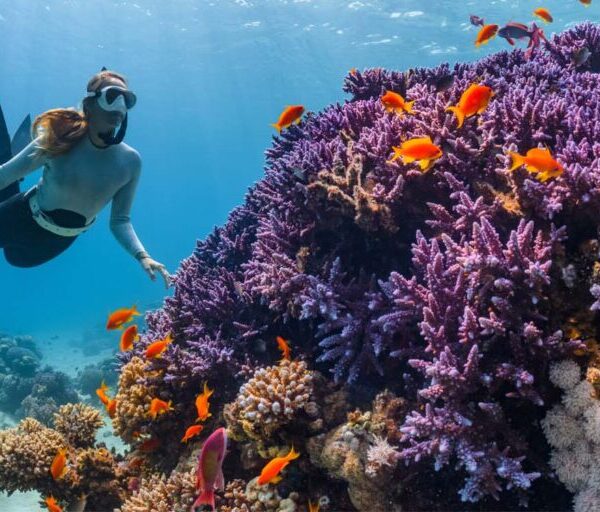 Hawaiian Culture and Learning from the OceanFeatured Panel Presentation: Kali Fermantez, Esprit Saucier, Tialei Scanlan (Moderator)
Hawaiian Culture and Learning from the OceanFeatured Panel Presentation: Kali Fermantez, Esprit Saucier, Tialei Scanlan (Moderator) -
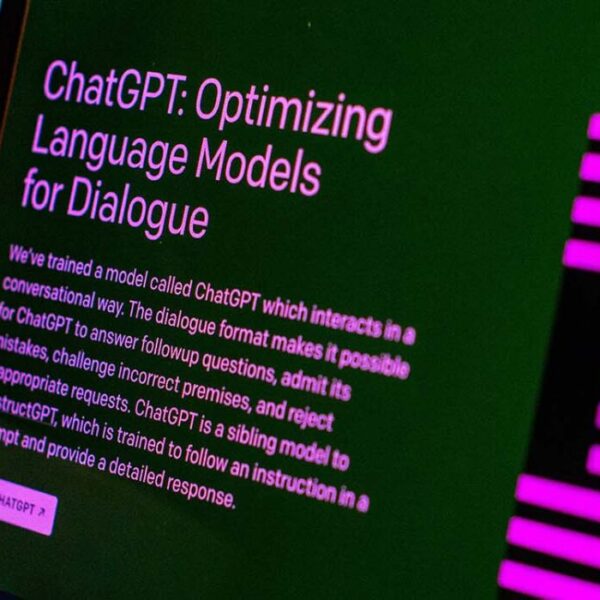 Questions of Education, Curation, and Artificial IntelligenceFeatured Interview: Kālewa Correa, Joseph Haldane
Questions of Education, Curation, and Artificial IntelligenceFeatured Interview: Kālewa Correa, Joseph Haldane -
 Moananuiākea – A Voyage for EarthFeatured Panel Presentation: Mark Ellis, Kai Hoshijo, Robin Watson (Moderator)
Moananuiākea – A Voyage for EarthFeatured Panel Presentation: Mark Ellis, Kai Hoshijo, Robin Watson (Moderator) -
 Practical Approaches to AI in AcademiaFeatured Panel Presentation: Chih-Pu Dai, Dorothy Hirata, Paul McKimmy, Michael Menchaca
Practical Approaches to AI in AcademiaFeatured Panel Presentation: Chih-Pu Dai, Dorothy Hirata, Paul McKimmy, Michael Menchaca
Conference Committees
International Advisory Board
Dr Joseph Haldane, Chairman and CEO, IAFOR
His Excellency Professor Toshiya Hoshino, Osaka University, Japan
Professor Barbara Lockee, Virginia Tech., United States
Professor Donald E. Hall, Binghamton University, United States
Dr James W. McNally, University of Michigan, United States & NACDA Program on Aging
Professor Haruko Satoh, Osaka University, Japan
Dr Grant Black, Chuo University, Japan
Professor Dexter Da Silva, Keisen University, Japan
Professor Gary Swanson, University of Northern Colorado, United States
Professor Baden Offord, Curtin University, Australia
Professor Frank Ravitch, Michigan State University, United States
Professor William Baber, Kyoto University, Japan
Conference Programme Committee
Dr Failautusi ‘Tusi’ Avegalio, University of Hawaiʻi at Mānoa, United States
Professor Xu Di, University of Hawaiʻi at Mānoa, United States
Dr Joseph Haldane, The International Academic Forum (IAFOR), Japan
Professor Curtis Ho, University of Hawai’i at Manoa, United States
Dr Daniel Hoffman, University of Hawai’i at Manoa, United States
Professor Barbara Lockee, Virginia Tech, United States
Professor James W. McNally, University of Michigan, United States & NACDA Program on Aging
Dr Alex Means, University of Hawaiʻi at Mānoa, United States
Professor Michael Menchaca, University of Hawaiʻi at Mānoa, United States
Professor Deane Neubauer, University of Hawaiʻi at Mānoa, United States
Professor Sela V. Panapasa, University of Michigan, United States
Tialei Scanlan, Brigham Young University – Hawaii, United States
Robin Watson, University of Hawaiʻi at Mānoa, United States
Dr Hiagi M. Wesley, Brigham Young University – Hawaii, United States
Conference Review Committee
To be Announced
IAFOR's peer review process, which involves both reciprocal review and the use of Review Committees, is overseen by the Conference Programme Committee under the guidance of the International Academic Board (IAB). Review Committee members are established academics who hold PhDs or other terminal degrees in their fields and who have previous peer review experience.
If you would like to apply to serve on the IICE2025 Review Committee, please visit our application page.
Previous Review Committees
View details of past IICE conferences via the links below.
